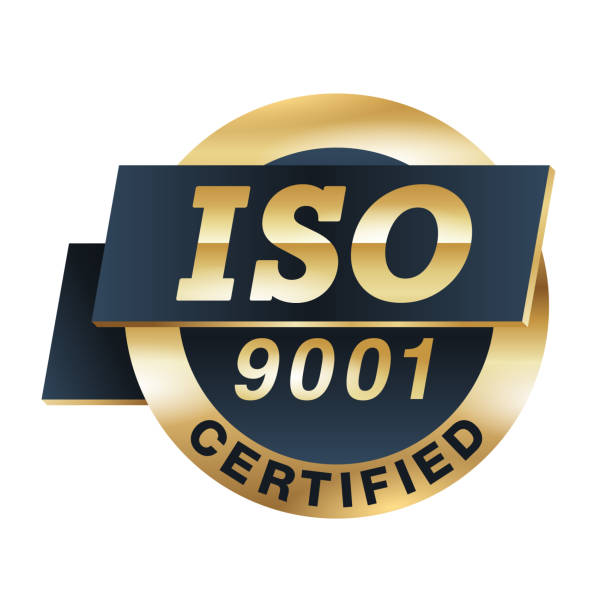Application of Long Wave Infrared(LWIR) Imaging

Long-wave infrared (LWIR) imaging has played a vital role in the field of national defense and security because it can be used to detect any objects that are not related to ambient lighting. The following are the specific applications of long-wave infrared imaging.
Although the long-wave infrared detector cannot observe the scattering and reflection of visible light, it can respond to the infrared thermal emitted by the object itself.
The long-wave infrared sensor can indicate where the object is and the degree to which the object emits thermal radiation. This feature provides two obvious advantages: long-wave infrared detection can be independent of external lighting conditions, and the sensor can easily identify any type of 8-14μm thermal radiation. For a long time, this important advantage of long-wave infrared has become a key technology in modern warfare.
Other applications of long-wave infrared technology include pure imaging applications, which only depend on the visibility of heat distribution, and radiometric applications. It relies on a specially calibrated long-wave infrared camera to capture the absolute temperature of objects in the scene. In some measurement scenarios, information about the surface finish of the object must be known, because this determines how much radiation the object can reflect or absorb.
The radiation measurement application of long-wave infrared imaging has become an important detection method in industries because the application can provide long-distance and non-contact temperature measurement of objects of any shape at random locations. This advantage makes it possible to obtain a larger detection range in process control and reduce production loss.
The long-wave infrared (LWIR) camera with long-wave infrared imaging technology can capture light in the 8-14μm spectral band. This is in contrast to short-wave infrared cameras working in the 0.9-1.7 μm spectral band and mid-wave infrared cameras working in the 3-5 μm spectral band.
Generally, LWIR cameras use bolometers or microbolometers as image sensors. These are usually made of amorphous silicon (a-Si) or vanadium oxide (VOx) and are non-cooled.
The LWIR camera can detect lightly invisible to the naked eye in the infrared spectrum. The resulting applications are diverse. Some of the most common ones include:
(1) Thermal imaging
(2) Temperature control
(3) Predictive maintenance
(4) Gas leak detection
(5) Wide dynamic range environment
(6) Imaging through dense smoke
For applications such as gas leak detection or dense smoke imaging, the LWIR camera allows us to see some potentially dangerous environments, otherwise, we will not be able to detect any objects.
Whether through direct observation of heat distribution, indirect observation of heat changes, or absolute temperature measurement, long-wave infrared cameras will occupy an important place in future automated inspections.
Our LWIR lens is usually used with uncooled detectors in the wavelength range of 8-14μm and supports resolutions up to 1280x1024 (SXGA). It can also perform high accuracy and high efficiency in extreme weather and harsh environments. operation. If you want to know more about long-wave infrared lenses, you can contact us for more detailed solutions.
As a professional manufacturer of thermal infrared lenses (including LWIR, MWIR, and SWIR), we have accumulated rich manufacturing experience in this field. We have a professional production team and strict quality inspection system, which can control the quality of products in all aspects. At the same time, we will also provide thoughtful one-stop service and effective solutions according to customer needs. If you are interested in our long-wave infrared lens, please contact us immediately!

